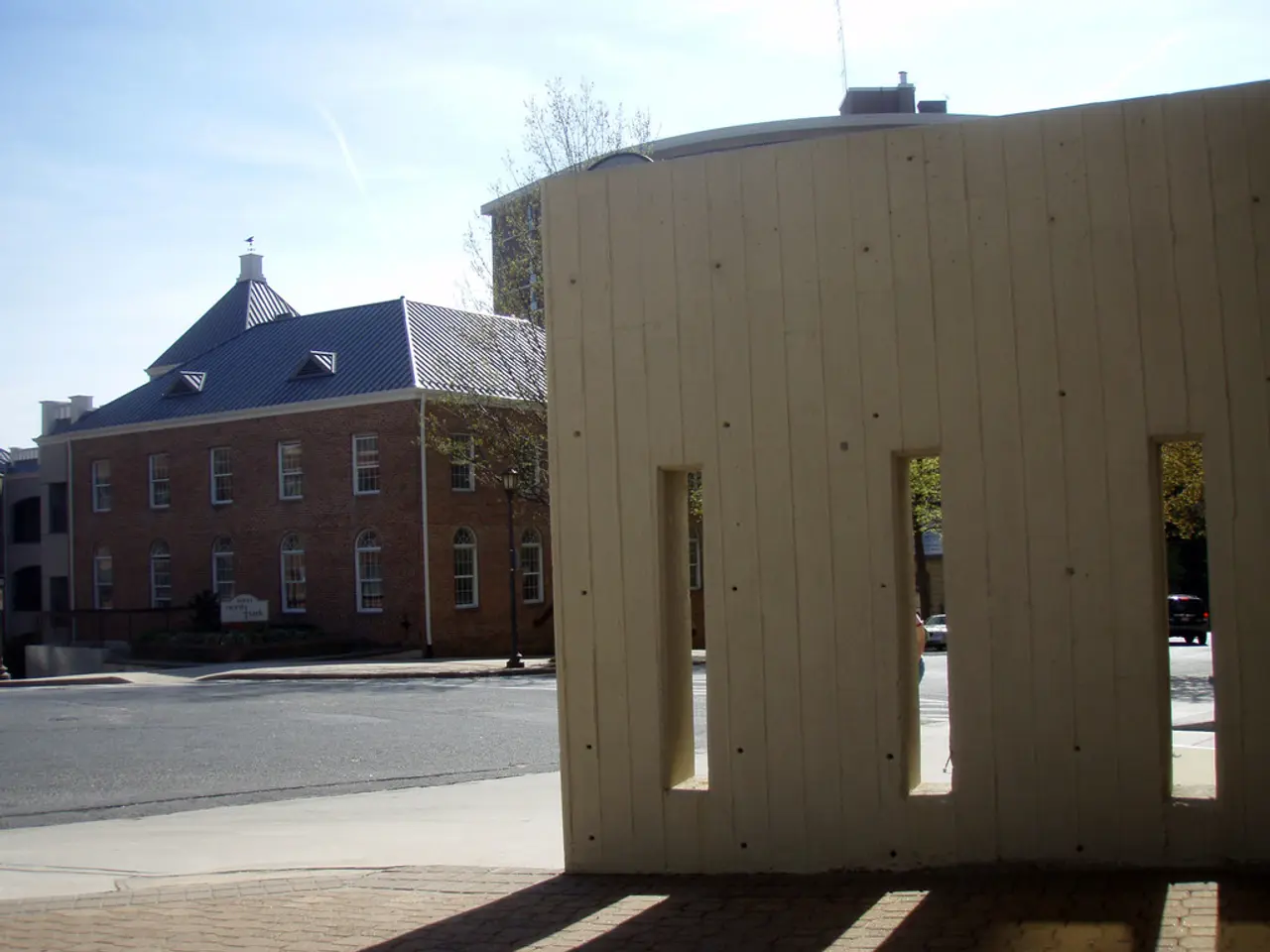Comprehensive Legal Procedures for Property Investments in Romania: Essential Verifications and Safety Precautions
Verifying Developer Reliability: A Guide for Investors in Romania's Real Estate Market
Investing in real estate in Romania requires careful due diligence to ensure the reliability of developers and the legitimacy of their projects. Here's a step-by-step guide on how to verify a developer's credibility.
1. Property and Ownership Verification
Begin by verifying the property ownership and the validity of sale and purchase agreements, donation agreements, inheritance certificates, or final court decisions related to the properties involved. This can be done through the national archives or local land registries to ensure there are no legal disputes or claims against the developer’s projects.
2. Developer’s Financial and Legal Compliance
Check the developer’s compliance with Romanian tax authorities (ANAF) and regulatory bodies. Review rental income declarations to ANAF, registration of lease contracts with ANAF, and adherence to consumer protection laws monitored by ANPC to reflect a developer’s financial discipline and regulatory compliance.
3. Public Records and Consumer Protection Complaints
Regulatory agencies such as ANPC conduct inspections and can suspend activities of non-compliant companies. Checking for any ANPC sanctions or complaints against a developer provides insight into their reputation and reliability concerning meeting obligations.
4. Track Record of Projects
While no single centralized public database is specifically mentioned for completion rates or delays of real estate projects, due diligence typically involves reviewing past project completion publicly via land registries and local municipality records, consulting specialized real estate platforms or local real estate guides for market reputation and developer reviews, and seeking assistance from property lawyers who can investigate past project histories and legal disputes linked to the developer.
5. Legal and Consumer Advice
Engaging legal advisors specialized in Romanian real estate law can help interpret the developer’s documents, review past projects’ status, confirm absence of liens or penalties, and assess delays or failures to meet contractual obligations.
Additional Considerations
- In some cases, developers may take out insurance policies covering risks related to project non-completion or significant delays.
- The urbanism certificate is the first document to analyze for real estate projects in Romania, indicating the land's designated use, height regime, POT, CUT, and other urban planning conditions.
- Investors should include clear clauses in the contract regarding the developer's reporting obligations and the buyer’s/promising buyer's right to access information and documents related to the entire construction process.
- Public institutions in Romania where such information can be requested include local municipalities, the National Inspectorate for Constructions, the Environmental Protection Agency, the National Agency for Cadastre and Land Registration, and the Public Urban Planning Registry.
- To assess the financial stability of a developer, investors should collaborate with industry experts such as independent legal, financial, and technical consultants.
- Investors should include clauses in the contract regarding the return of deposits, penalties for delays, and a payment plan tied to the progress of the works.
- To make an informed decision, it's essential to consider a developer's involvement in education-and-self-development, as this can reflect their commitment to staying updated with the latest technology and industry trends in finance and lifestyle, thereby ensuring a more successful project outcome.
- Understanding a developer's social responsibilities and initiatives in lifestyle, finance, technology, and education-and-self-development can provide insights into their long-term vision and sustainability, crucial factors for investors looking to invest in Romania's real estate market.




